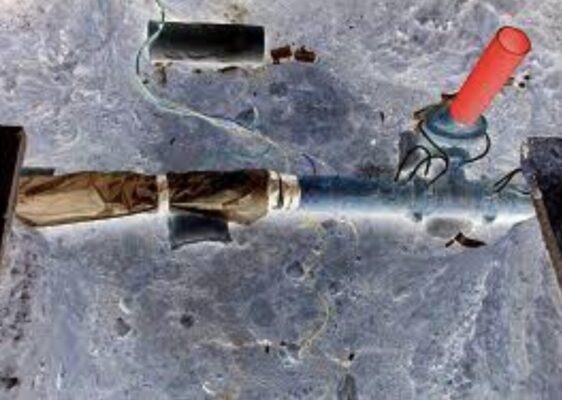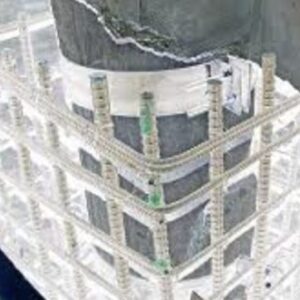Description
There are two principle methods of providing cathodic protection:
sacrificial anode and impressed current. The primary advantage of impressed current
cathodic protection (ICCP) systems over sacrificial anode cathodic protection systems is
that the driving potential of the impressed current systems is not limited by the corrosion
potential of an active metal. The ability to select appropriate driving potentials, and to
adjust the driving potential after system installation, gives the designer and operator of
impressed current cathodic protection systems additional flexibility to compensate for
changing environmental conditions. The primary advantage of this variable driving
potential in the design of impressed current cathodic protection systems is the ability to
select the location of anode beds for an optimum distribution of protective current with a
minimum of interference. The variable driving potential available in impressed current
systems also allows the protection of structures in high resistivity environments where
the output of sacrificial anodes is severely limited. The primary operational benefit of
variable driving potential is the ability to adjust the system for changes in soil resistivity,
anode condition, structure surface (coating) condition and additions to the structure.






